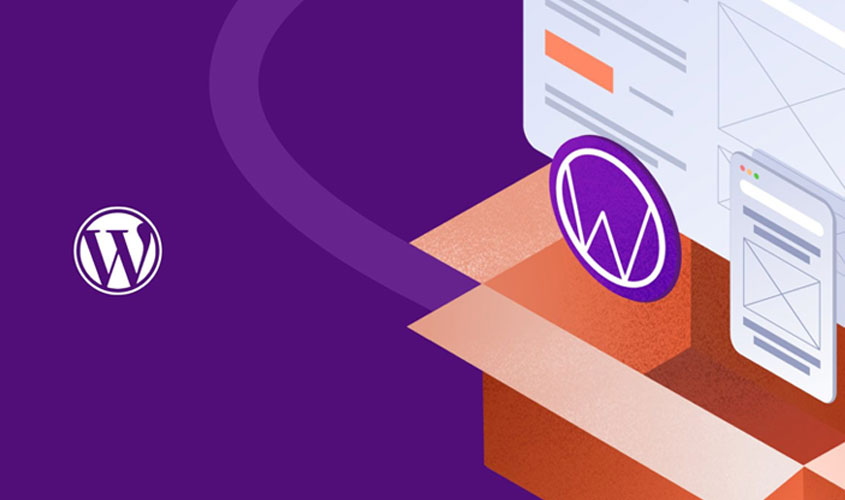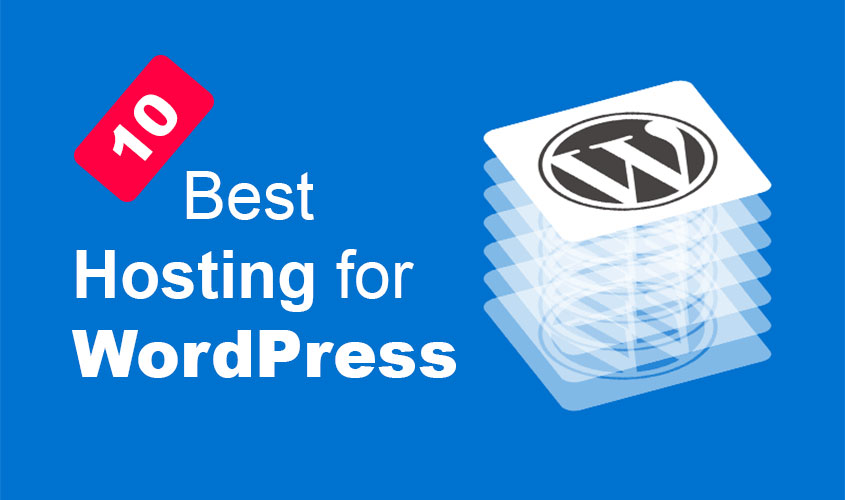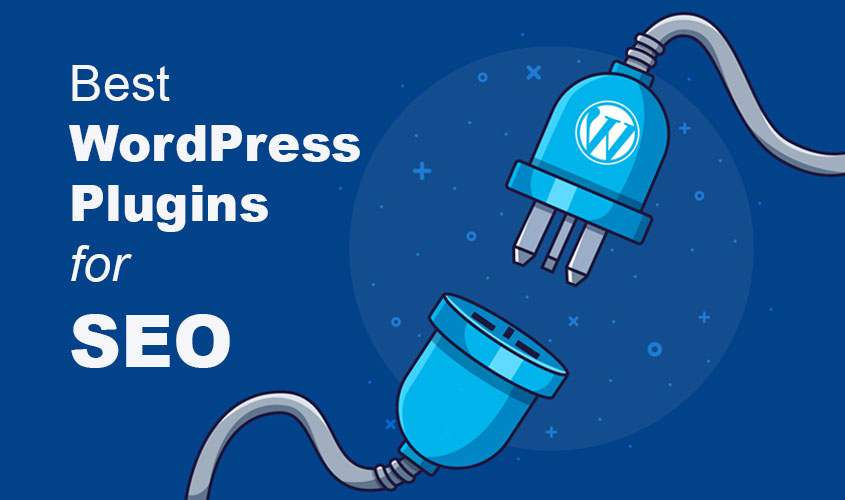If you’re new to WordPress , here’s a WordPress beginner’s guide to help you get started:
- Choose a web host: WordPress is a self-hosted platform, so you’ll need a web hosting provider to host your website. Look for a provider that offers WordPress-specific hosting plans and a user-friendly control panel.
- Install WordPress: Most web hosts offer one-click WordPress installation, which makes it easy to install WordPress on your website. Alternatively, you can download the WordPress software from the official website and install it manually.
- Choose a theme: WordPress offers a range of free and premium themes that you can use to customize the look and feel of your website. Choose a theme that fits your needs and style, and customize it using the WordPress theme customizer.
- Install plugins: WordPress plugins add functionality to your website, such as contact forms, social media sharing buttons, and search engine optimization tools. Look for popular and well-reviewed plugins that fit your needs.
- Create content: WordPress makes it easy to create and publish content, such as blog posts, pages, and media. Use the WordPress editor to add text, images, and other media to your content, and optimize it for search engines using keywords and metadata.
- Manage your website: WordPress offers a user-friendly dashboard that lets you manage your website, including updating your theme and plugins, creating backups, and monitoring your website’s performance.
- Learn from the community: WordPress has a large and active community of developers, designers, and users who create tutorials, plugins, and themes to help you get the most out of your website. Join forums, attend meetups, and read blogs to learn more about WordPress and connect with other users.
- Take advantage of tutorials: WordPress offers a wealth of online tutorials and resources to help you learn how to use the platform. Look for video tutorials, blog posts, and online courses that can teach you how to use WordPress effectively.
- Keep your site updated: WordPress regularly releases updates to its platform, themes, and plugins to improve performance and security. Keep your site updated to ensure that it’s running smoothly and to protect against security vulnerabilities.
- Use responsive design: Many users access the internet from their mobile devices, so it’s important to ensure that your website is responsive and mobile-friendly. Look for themes that are optimized for mobile devices, and test your website on different devices to ensure that it’s accessible to all users.
- Backup your site regularly: It’s important to backup your website regularly to protect against data loss and website crashes. Many web hosts offer backup services, or you can use a backup plugin to automate the process.
- Use strong passwords: WordPress accounts are vulnerable to hacking attempts, so it’s important to use strong passwords that are difficult to guess. Use a password manager to generate and store strong passwords for your website.
- Customize your site’s appearance: WordPress offers a wide range of customization options that allow you to modify the appearance of your website to suit your brand or personal style. You can use themes, custom CSS , and plugins to make changes to your site’s appearance.
- Use plugins to extend functionality: WordPress plugins allow you to add new features and functionality to your website without requiring coding skills. Look for plugins that can help with SEO, security, backups, social media integration, and more.
- Use tags and categories to organize your content: WordPress allows you to organize your content using tags and categories, which makes it easier for users to find what they’re looking for on your site. Be sure to use relevant tags and categories for your content.
- Optimize your content for SEO: Search engine optimization (SEO) is the process of optimizing your website’s content to rank higher in search engine results pages (SERPs). Use keywords, meta descriptions, and title tags to optimize your content for search engines.
- Engage with your audience: WordPress allows you to interact with your audience through comments and social media integration. Be sure to respond to comments and engage with your followers on social media to build a community around your brand.
By following these steps, you can create a professional and functional website using WordPress, even if you’re new to the platform.











